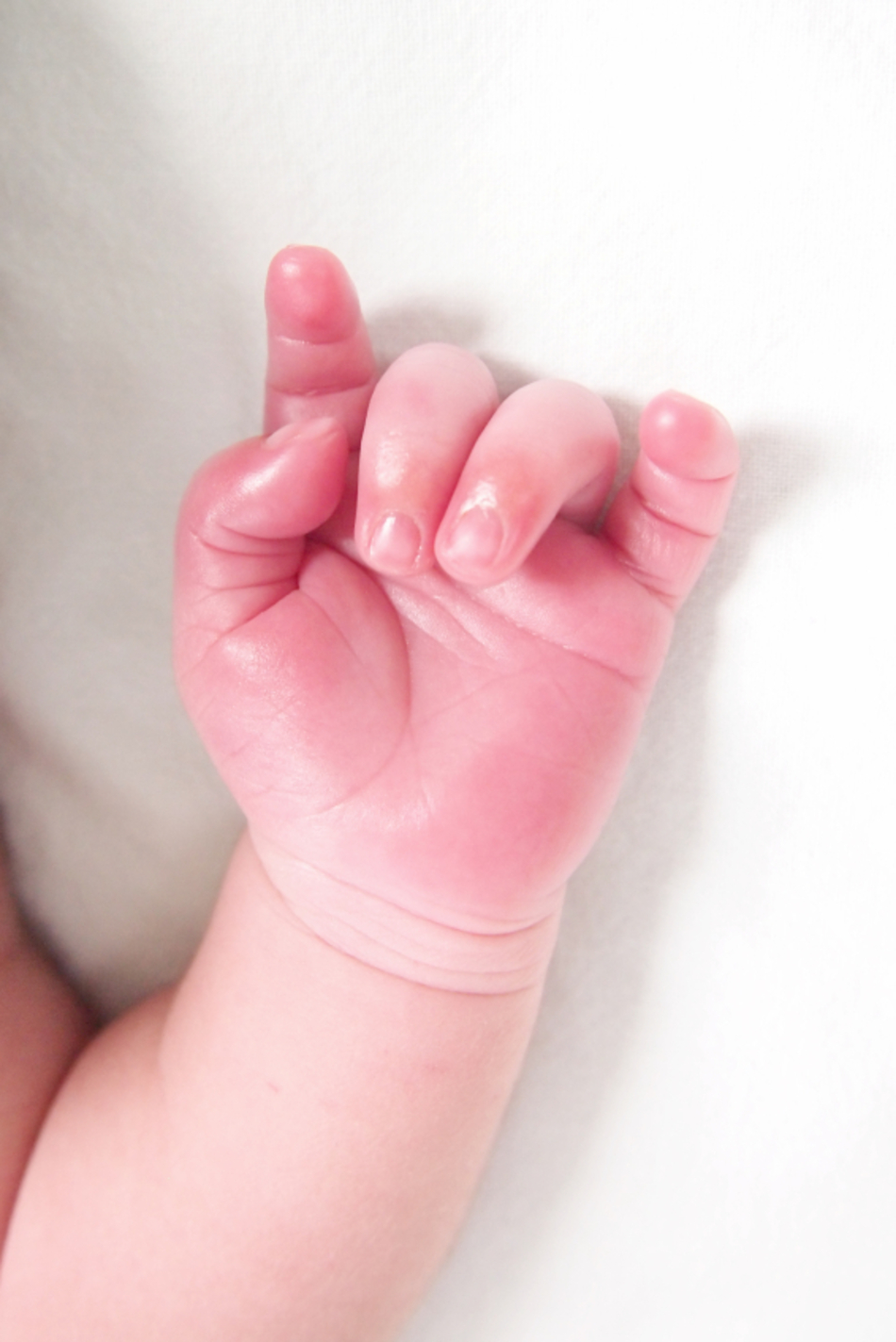
Episode Transcript
Dr. Gellner: Sign language is an important way you can communicate with your child before they can use their words. I'm Dr. Cindy Gellner and we will discuss sign language with your baby today on The Scope.
Announcer: Keep your kids healthy and happy. You are now entering the Healthy Kid Zone with Dr. Cindy Gellner on The Scope.
Dr. Gellner: Baby sign language seems to have become a trend that has been picking up momentum over the past 20 years. It is based on simple observation that children can be taught to use their hands to talk long before their mouths can catch up.
There is a gap between what older babies and toddlers want to say and what they're capable of saying. Baby sign language can help babies use their hands to express themselves as early as eight or nine months old. A distinction must be made, though, in that babies are making gestures for their needs and not really learning American Sign Language.
Some studies suggest that babies whose parents communicate with a combination of speech and gesturing may develop larger spoken vocabularies. The most recent research doesn't support that specifically, but what does seem to be more likely is that gestures can improve communication and make parents more sensitive to what their babies are thinking about. That's a pretty big thing, considering when a parent is more tuned in to what their baby's thoughts and feelings are, babies are more likely to develop secure attachment relationships. Parents also provide their babies more opportunities to explore and learn.
There is strong evidence that older children become better learners and problem solvers when they gesture. Some research suggests that early gesturing is linked with vocabulary development, specifically, receptive vocabulary, meaning they understand more of what is being communicated to them. While there have been some claims that baby sign language is associated with higher I.Q. levels, research has yet to support this.
When getting started with baby sign language you can check out books and videos, but most scientific literature suggests that you should pay close attention to your own baby and discover what signs he or she may invent on his or her own. Your baby may be gesturing and signing already.
Be patient. Your baby is observing everything you do and will learn to communicate in his or her own time. Be sure to keep speaking to your baby. That is the best way to help them with future socialization and language development, and be sure to speak words that you are gesturing as well.
Repetition is key. Make signing a daily habit. Use signs to describe routine activities and common objects that make up your baby's world. Don't worry if your baby doesn't get the signs right or doesn't pick them up right away. The goal is to have fun communicating with your baby and lessen frustration of not being able to understand them.
Finally, be sure to share the signs you are using with others that help care for your baby so you can reinforce these signs and they can help communicate with your baby as well.
Announcer: The ScopeRadio.com is University of Utah Health Sciences Radio. If you like what you heard, be sure you get our latest content by following us on Facebook. Just click on the Facebook icon at TheScopeRadio.com.